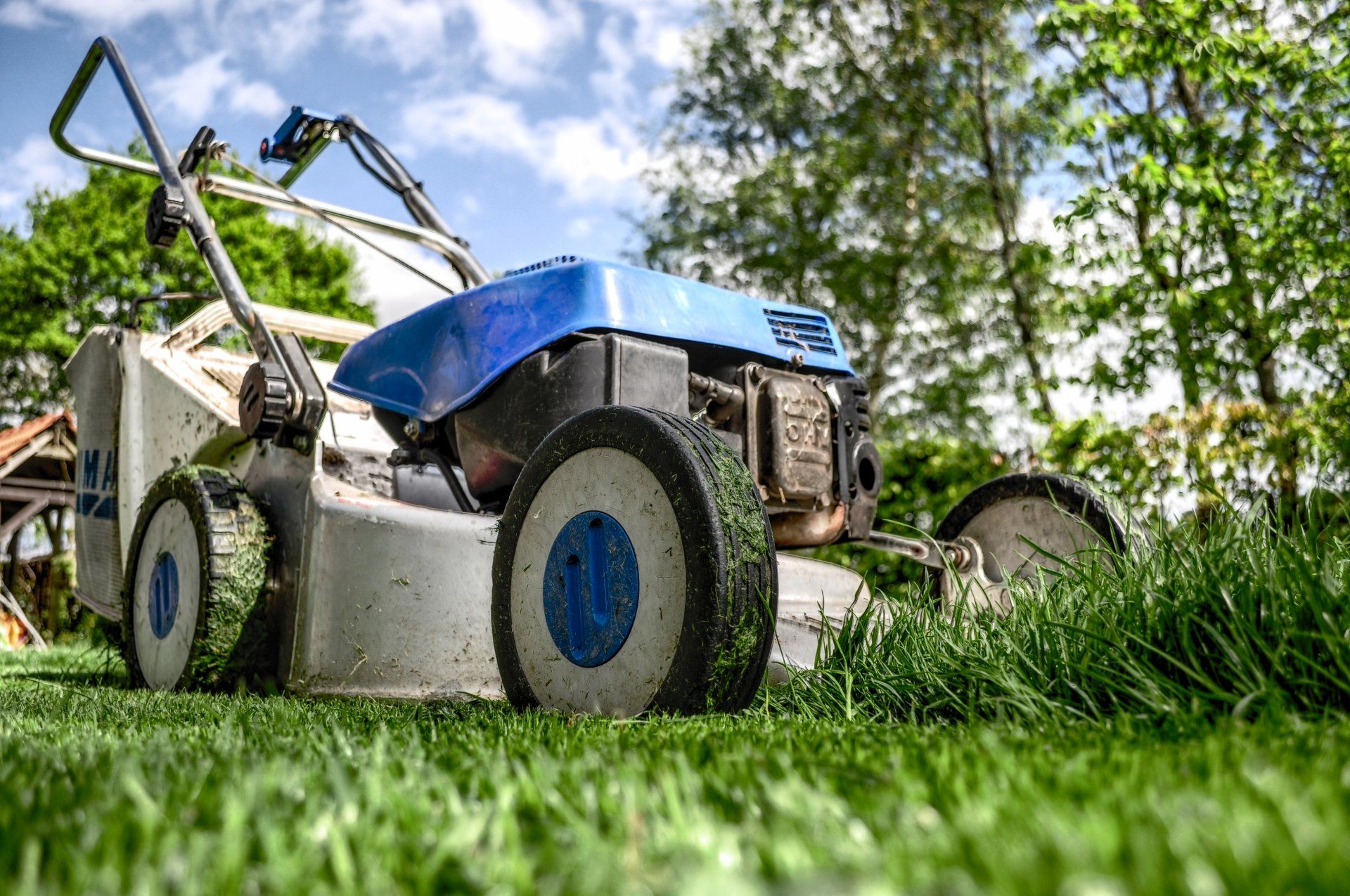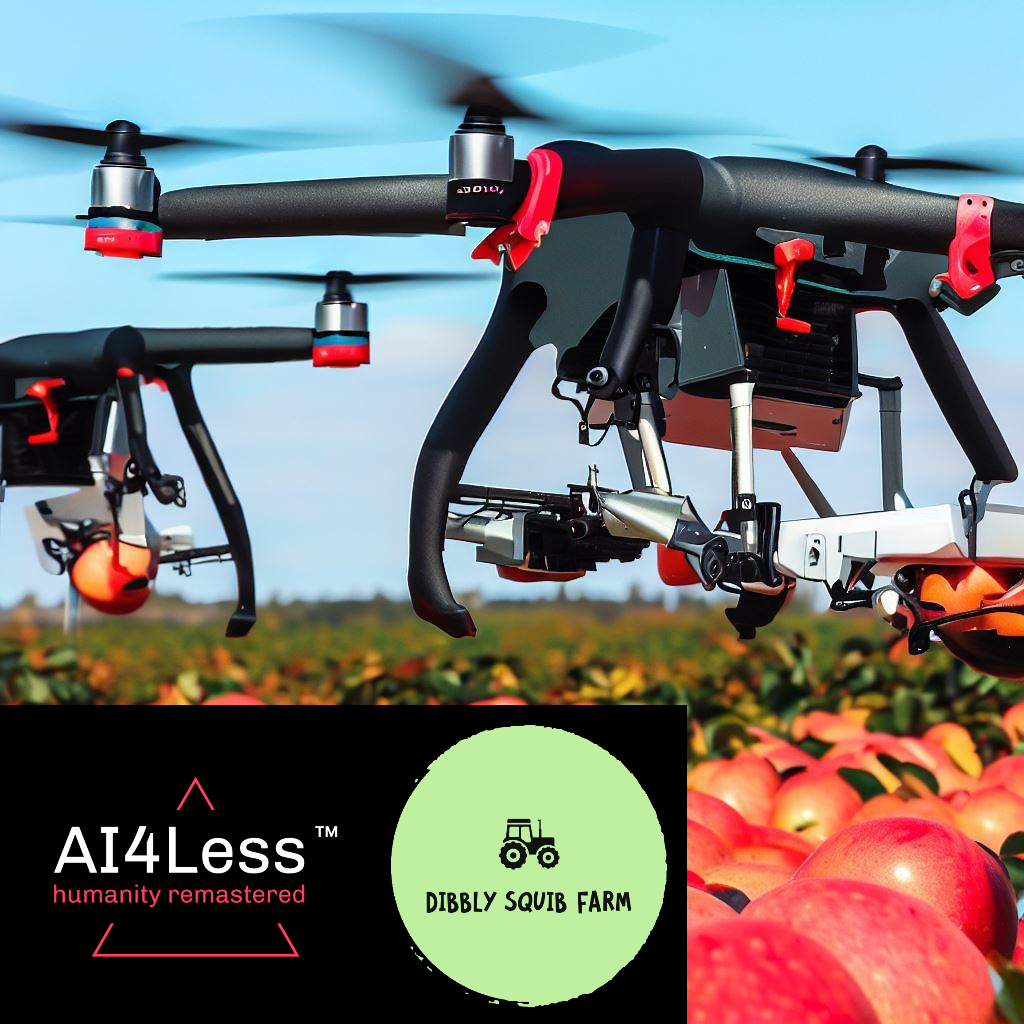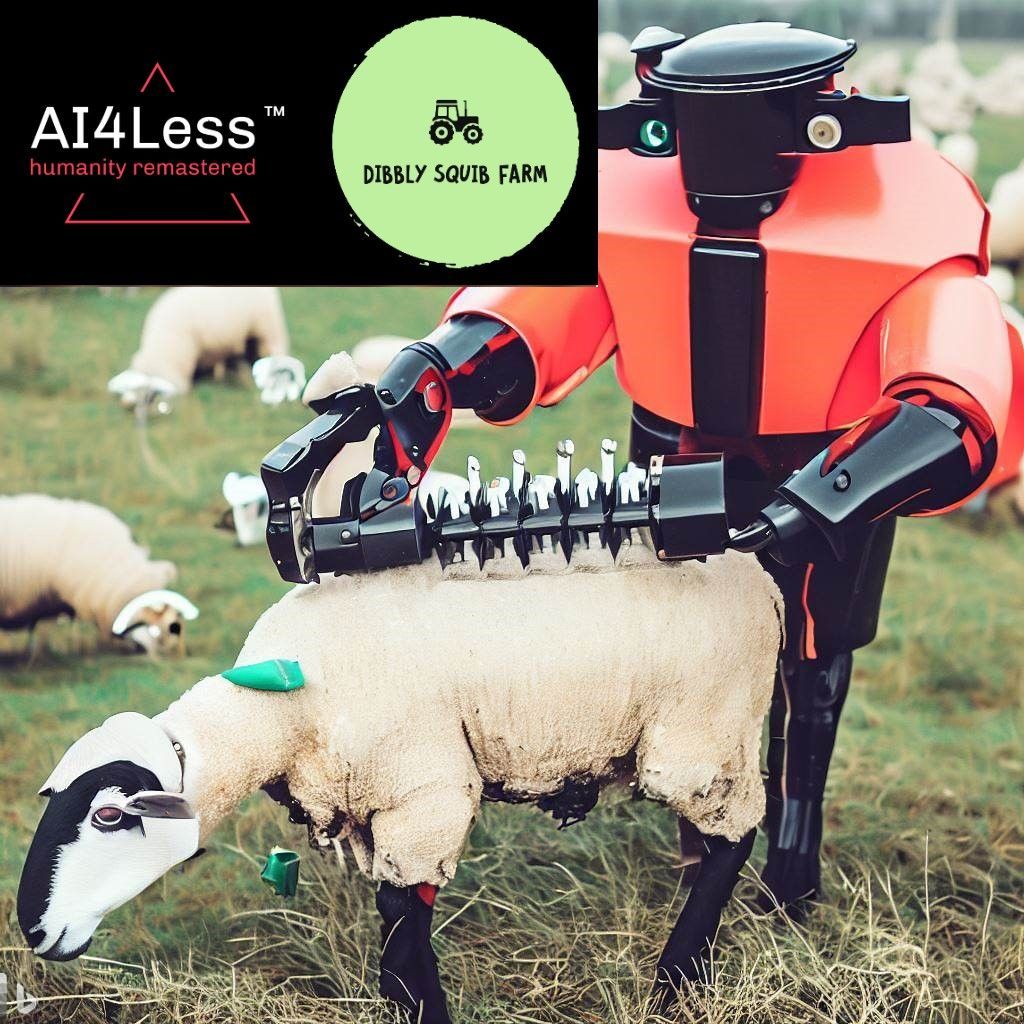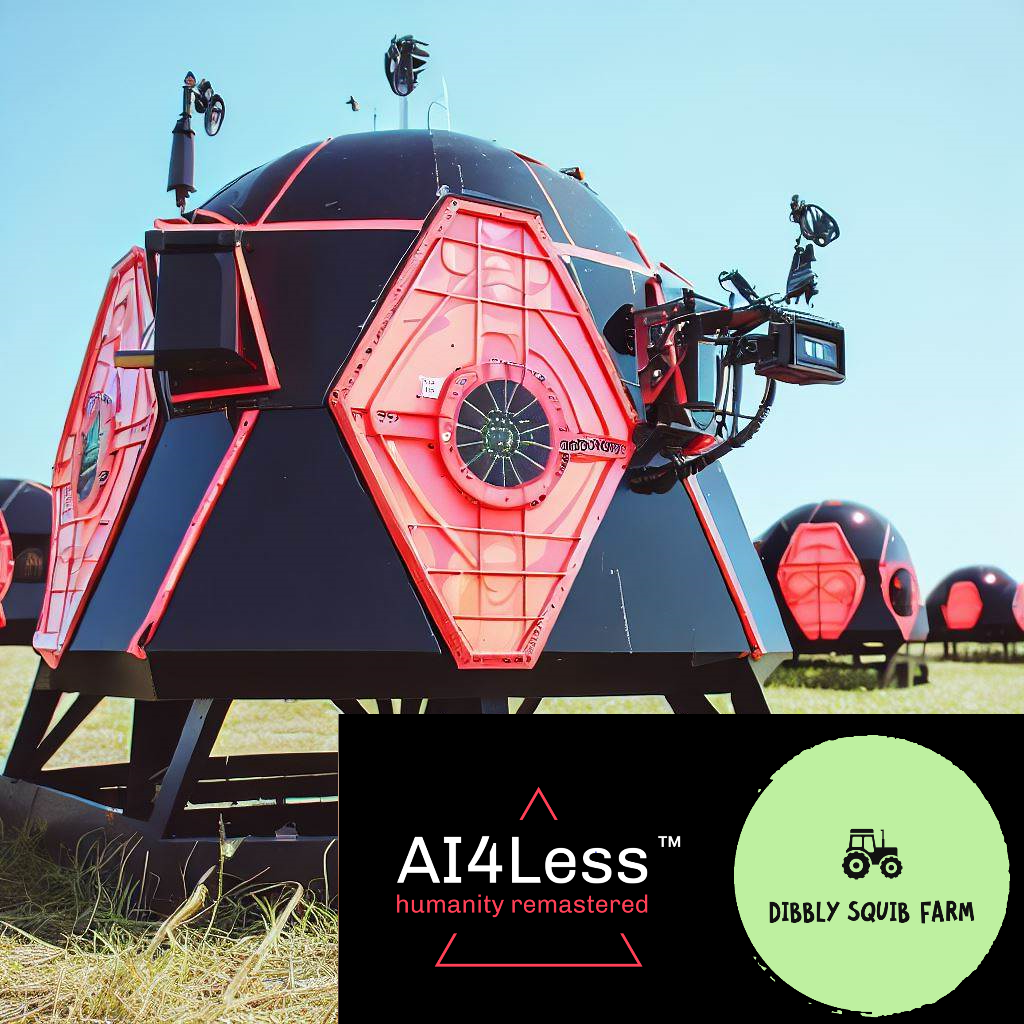Client Success: Mowers Inc. Reduces Harm to Worms with AI4Less-Driven Smart Lawnmower.
"Conventional lawnmowers often unintentionally harm worms, which play a crucial role in soil health and nutrient cycling."
1. Introduction:
Mowers Inc., a leading manufacturer of lawnmowers and outdoor equipment, aimed to revolutionize lawn maintenance practices by utilizing AI4Less, a cutting-edge AI technology provider. Their objective was to develop an AI-driven smart lawnmower that could detect worms' heads protruding from the ground and automatically raise the blades, minimizing harm to these beneficial creatures.
2. The Challenge:
Conventional lawnmowers often unintentionally harm worms, which play a crucial role in soil health and nutrient cycling. Mowers Inc. recognized the need for an innovative solution that could reduce the negative impact on worm populations during routine lawn maintenance and promote a more environmentally friendly approach.
"The implementation of the AI4Less-driven smart lawnmower by Mowers Inc. showcased impressive results, mitigating the negative impact on worms during routine lawn maintenance. "
3. Implementation:
Mowers Inc. collaborated with AI4Less to develop an AI-driven smart lawnmower equipped with advanced sensors and intelligent algorithms. These sensors were capable of detecting worms' heads protruding from the ground based on visual cues and motion patterns.
The AI4Less platform leveraged deep learning techniques to train the lawnmower's AI model. It learned to accurately identify worm heads and trigger a mechanism that lifted the blades in proximity to prevent harm to the worms. The system continuously improved its detection capabilities through user feedback and ongoing data analysis.
4. Results:
The implementation of the AI4Less-driven smart lawnmower by Mowers Inc. showcased impressive results, mitigating the negative impact on worms during routine lawn maintenance. Here are the key outcomes:
4.1 Reduced Harm to Worms:
The AI-driven smart lawnmower effectively identified worm heads protruding from the ground and adjusted the blades' height in response. This technology significantly reduced the chances of worms being harmed during the mowing process, supporting their vital role in soil health and ecosystem balance.
4.2 Environmentally Conscious Lawn Care:
By actively protecting worms, the smart lawnmower promoted environmentally conscious lawn care practices. It offered a more sustainable alternative to conventional lawnmowing, ensuring that the ecosystem's natural balance and health were preserved.
4.3 Enhanced Soil Health and Nutrient Cycling:
By preserving worm populations, the smart lawnmower indirectly contributed to improved soil health and nutrient cycling processes. Worms play a crucial role in breaking down organic matter, enhancing soil structure, and facilitating nutrient distribution, benefitting both lawns and the surrounding environment.
4.4 Public Engagement and Education:
The introduction of the AI-driven smart lawnmower raised awareness about the importance of worms in the ecosystem. Mowers Inc. actively engaged with the public, educating them about the benefits of preserving worm populations and promoting sustainable lawn care practices.
5. Social Impact:
Mowers Inc.'s AI-driven smart lawnmower demonstrated a strong commitment to environmental sustainability and responsible lawn maintenance. By minimizing harm to worms, the technology fostered a more harmonious relationship between human activities and the natural world. It served as a model for eco-conscious practices in the landscaping industry, inspiring individuals and other companies to prioritize environmental stewardship.
6. Conclusion:
Mowers Inc.'s collaboration with AI4Less to develop an AI-driven smart lawnmower exemplifies the power of innovative technologies in promoting environmentally friendly practices. By reducing harm to worms during lawn maintenance, this technology has the potential to significantly contribute to ecosystem preservation and soil health enhancement. The project served as a stepping stone toward more sustainable landscaping practices and increased public awareness about the interconnectedness of our actions and the natural world. Walter Everywhere, CTO






